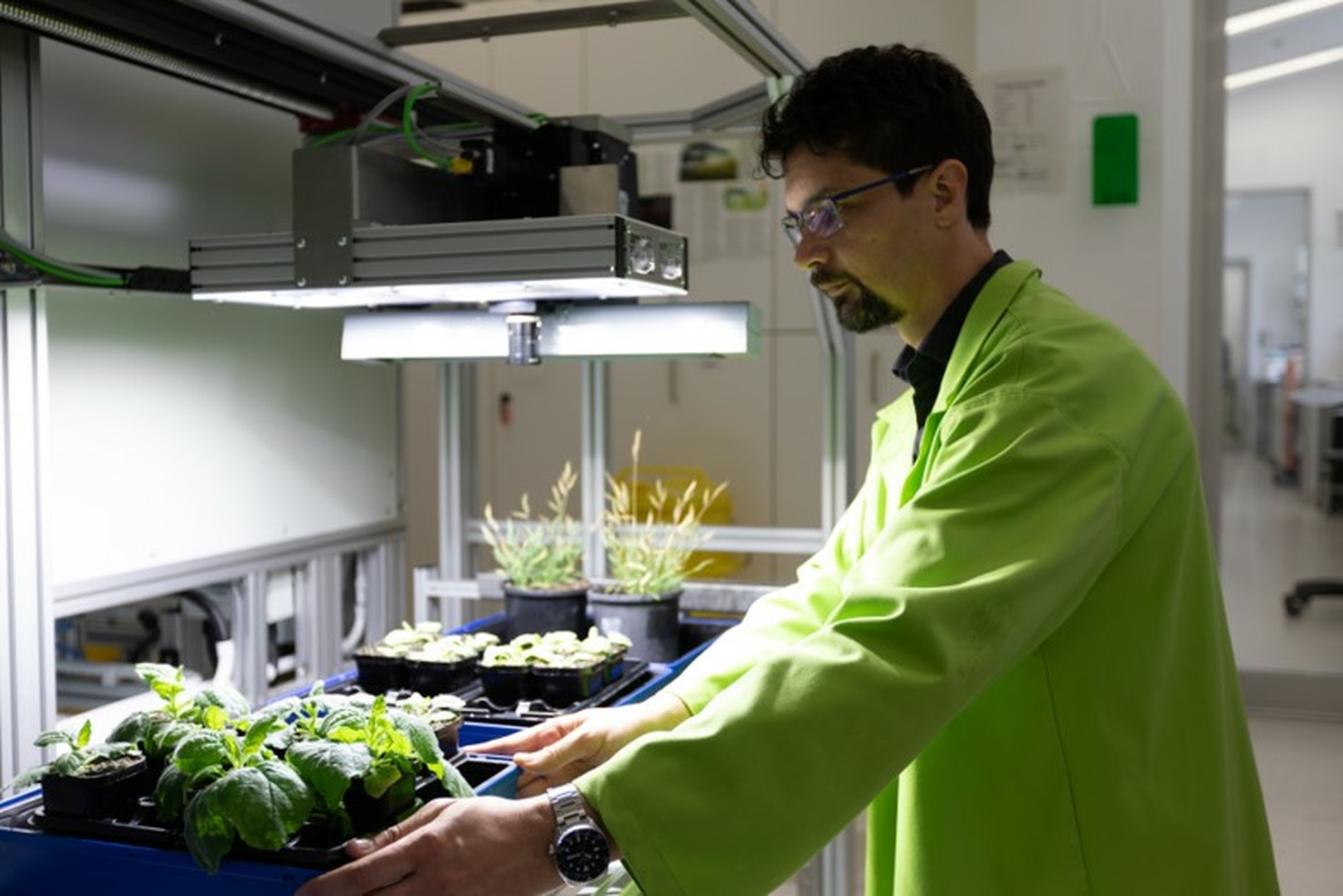Australia: International collaboration targets plant-based vaccine development

Plant phenomics is helping optimise biotechnology for plant-based vaccine development in a new research collaboration between Australia’s Australian National University (ANU) and Canadian biopharmaceutical company, Medicago R&D Inc.
Plant phenomics is helping optimise biotechnology for plant-based vaccine development in a new research collaboration between Australia’s Australian National University (ANU) and Canadian biopharmaceutical company, Medicago R&D Inc.
Medicago uses a proprietary plant-based technology to develop vaccines and protein-based therapeutics, producing Virus-Like Particles (VLPs). VLPs mimic the structure of viruses and induce an immune response without causing an infection. When purified, VLPs can be used as vaccines for a range of viruses, such as influenza, rotavirus, and norovirus.
This research aims to develop new methods and tools to non-invasively monitor the growth and performance of plants used in the production of VLPs.
Initiated and supported by the Centre for Entrepreneurial Agri-Technology (CEAT) and ANU Innovation, the project involves researchers from the Australian Plant Phenomics Facility (APPF), ANU’s Research School of Biology (RSB) and College of Engineering and Computer Science (CECS).
In the first phase of the project, the APPF group at the ANU is contributing facilities and expertise in phenomics, bioinformatics, and data visualisation, as well as access to equipment and infrastructure including hyperspectral scanning and controlled environment growth chambers.
As Dr Tim Brown, APPF’s ANU Node Director says, “This technology is very exciting, delivering plant-based vaccines in months versus years. To be able to contribute our advanced phenotyping know-how and technologies to the project is really special.”
Professor Owen Atkin, Director, Centre for Entrepreneurial Agri-Technology (CEAT) at ANU is pleased CEAT has been able to help bring together the APPF, RSB, CECS and Medicago R&D Inc.
“This collaboration highlights the value of university-based, interdisciplinary teams working with an industry partner to help address complex challenges of global significance – in this case, the urgent need to improve global access to vaccines,” said Professor Atkin.
Medicago recently received $CAD173M in funding to supply up to 76M doses of their plant-derived, made in Canada COVID19 vaccine candidate to the Government of Canada, subject to Health Canada approval.
Press release (PDF)
